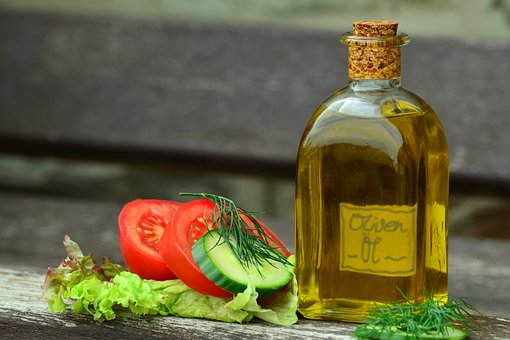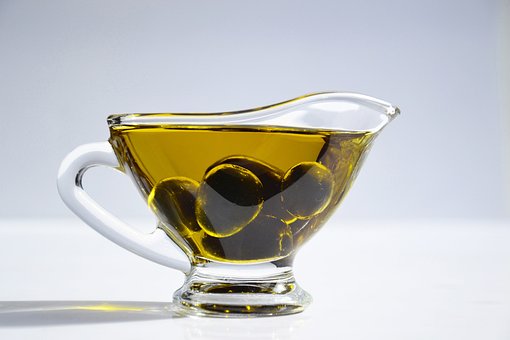Oil is a staple in many kitchens around the world, and for good reason. It is an essential ingredient in a wide variety of recipes and is used for cooking, baking, and even as a dressing for salads. But what many people may not know is that oil also has a significant amount of nutritional value. In this article, we will explore the nutritional value of oil per 100g and whether or not oil per 100g is healthy for you.
The nutritional value of oil per 100g varies depending on the type of oil in question. However, most oils are high in calories and are a good source of essential fatty acids. For example, olive oil is high in monounsaturated fatty acids, which have been shown to be beneficial for heart health. Coconut oil is high in saturated fatty acids, which can help with weight loss and boost the immune system.
One important factor to consider when evaluating the nutritional value of oil per 100g is the amount of omega-3 and omega-6 fatty acids present. Omega-3 and omega-6 fatty acids are essential fatty acids that the body needs to function properly, but they must be consumed in the right ratio. Many people consume too much omega-6 fatty acids and not enough omega-3 fatty acids, which can lead to inflammation and other health problems.
Canola oil, one of the most common type of oil, is high in both omega-3 and omega-6 fatty acids, making it a good choice for people looking to balance their intake of these essential fatty acids. Other oils, such as flaxseed oil and chia seed oil, are also high in omega-3 fatty acids.
Another important factor to consider when evaluating the nutritional value of oil per 100g is the amount of vitamin E present. Vitamin E is an antioxidant that can help protect the body from damage caused by free radicals. Many oils, such as sunflower oil and almond oil, are high in vitamin E.
When it comes to whether or not oil per 100g is healthy for you, it largely depends on the type of oil you are consuming and how much you are consuming. In general, it is best to consume a variety of oils in moderate amounts. This will ensure that you are getting a balance of essential fatty acids, vitamin E, and other nutrients.
It’s important to note that oils are high in calories and too much consumption can contribute to weight gain. For that reason, it is important to be mindful of portion sizes when cooking or preparing meals with oil. Additionally, it’s better to consume oils that are minimally processed like extra virgin olive oil, avocado oil, and cold-pressed oils. These oils retain more of the beneficial nutrients and have a lower smoke point, thus reducing the risk of oxidation and formation of harmful compounds like acrylamides during cooking.
In conclusion, oil is an important part of a healthy diet and provides many essential nutrients. However, it is important to consume a variety of oils in moderate amounts, and to choose oils that are minimally processed. By being mindful of the nutritional value of oil per 100g and consuming it in appropriate portions, you can help ensure that you are getting the most out of this versatile ingredient.

 Home
Home Health
Health Diet & Nutrition
Diet & Nutrition Living Well
Living Well More
More












